#9 SUCCESSFUL HABIT FOR OVERCOMING ADVERSITY

With 17 Grand Slams in his pocket, Roger Federer has lost multiple finals since 2008: to Nadal four times, once at the French Open, once at Wimbledon and once at the US Open; and to Djokovic, three times.
This amounts to more than ten Grand Slam finals lost – we can only imagine where he would be in the ATP ranking. However, today I’m not going to talk about the matches in particular, or about tactics, physical condition or mindset. Today I want to commend Roger Federer as a role model, as a player who respects his rivals when he is defeated.
A STORY OF SPORTING AND ACADEMIC SUCCESS
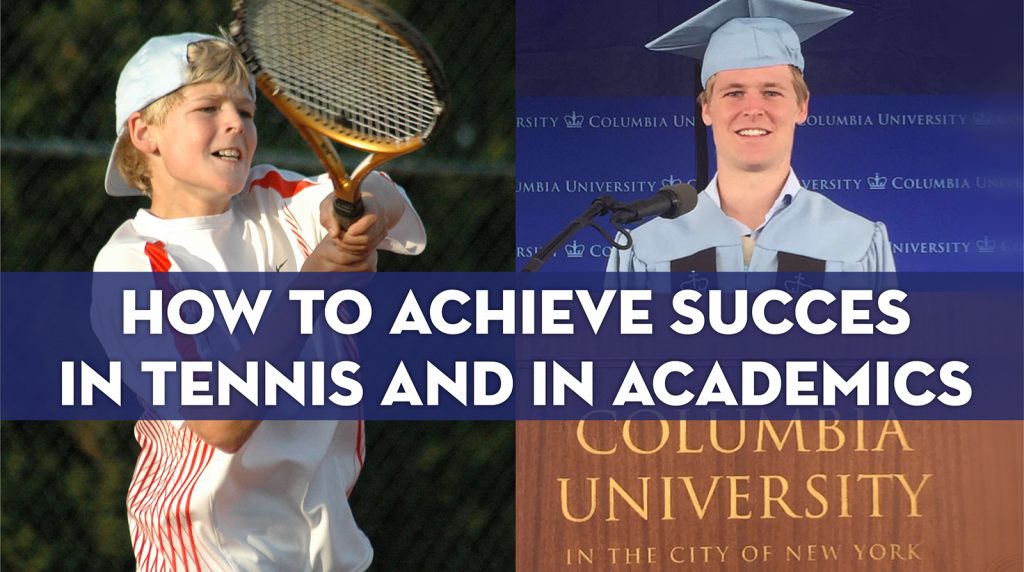
At Sánchez-Casal Academy we have been using tennis and education as a vehicle for the personal development of our young players for almost 20 years. We are extremely proud of all who have trained and studied with us. One of those is Mike Vermeer, who has graduated Cum Laude from Columbia University.
#08 SUCCESSFUL HABIT FOR OVERCOMING ADVERSITY

Tennis is an individual sport. However all the preparation, the travel, etc. is normally done in a team, the team who stands by you in both the best and worst of times – or at least that’s how Emilio Sánchez Vicario has experienced it.
From the Olympic Games to the US Open: are we abusing our players?
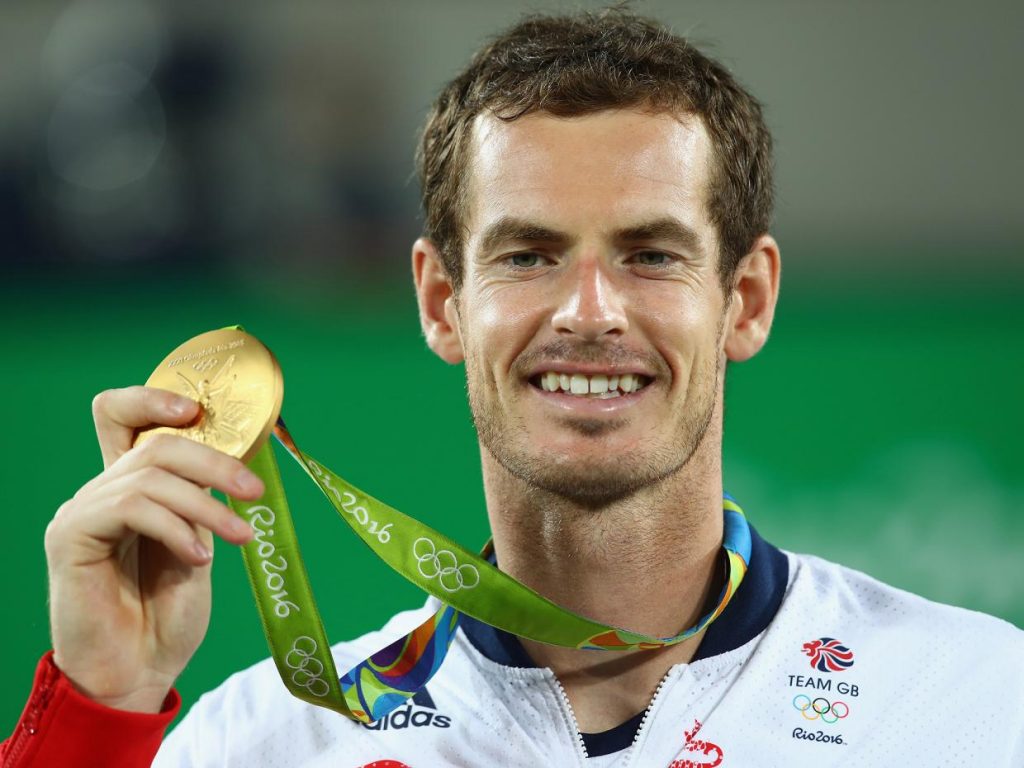
In the aftermath of the Summer Grand Slams and Olympic Games, today I would l like to offer an analysis of some after event facts. As usual, I will try to focus on the technical, tactical, physical and mental ‘pillars’ of tennis, with a special emphasis in the US Open and the Olympics.
#07 HABIT FOR OVERCOMING ADVERSITY

Controlling timing and breathing are two powerful tools which help us to plan our next steps and overcome difficulties. If you are capable of perfecting these skills, your ability to overcome challenging situations increases. You just have to work at it.
Attention, a powerful tool for athletic performance
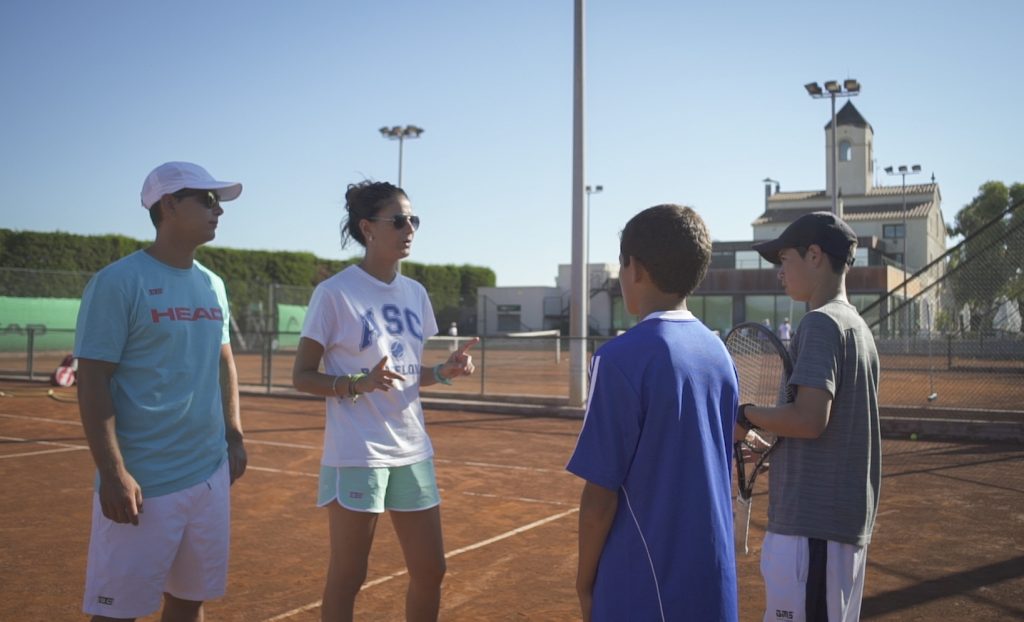
Optimum control of attention is a powerful tool to improve our results in sports competitions. But what, exactly, is attention? Can we work on it? Monica Monserrat, psychologist, explains it to us.
#6 SUCCESSFUL HABIT FOR OVERCOMING ADVERSITY

In many of my conversations with players at any level, the mention of “pressure” appears: “I felt under too much pressure”, “The pressure meant I couldn’t move”, “I completely froze under the pressure, I didn’t know what I was doing any more” … These are some of the examples of the effect of pressure, which on top of everything, usually manifests itself at the worst times, when nobody asks for it.
# 5 SUCCESSFUL HABIT FOR OVERCOMING ADVERSITY

When we speak of challenges and achievements in sports, we tend to speak about great deeds with clear goals. But it is not easy to set objectives: they must motivate us and push us to succeed. For this reason, we have to set goals that are achievable and realistic.
#2 Successful Habits for Overcoming Adversity
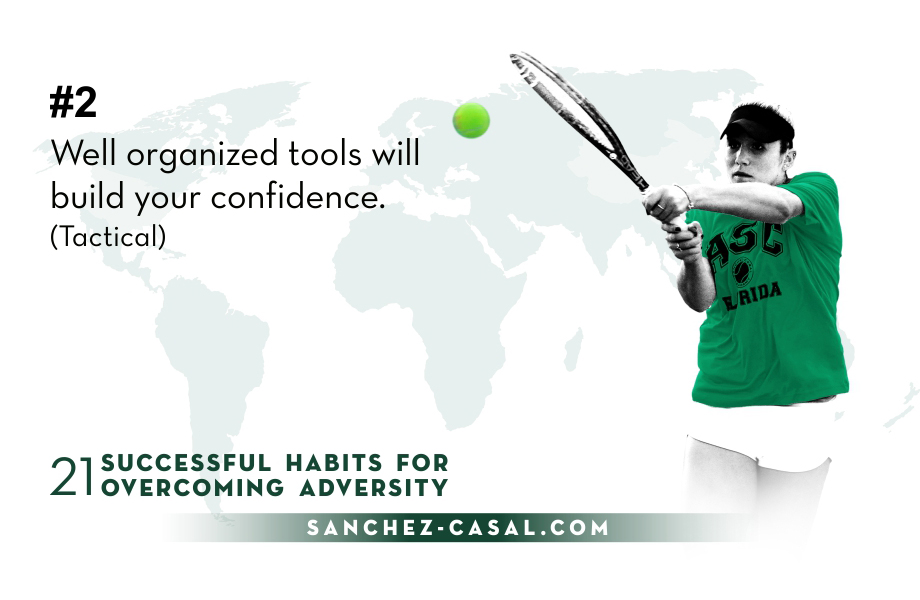
The second of the “21 Successful Habits for Overcoming Adversity”, by Emilio Sánchez Vicario, describes the importance of confidence. How can we build confidence? David Ferrer’s story is an excellent example.
Sport a Solidarieta, a prize to go on.
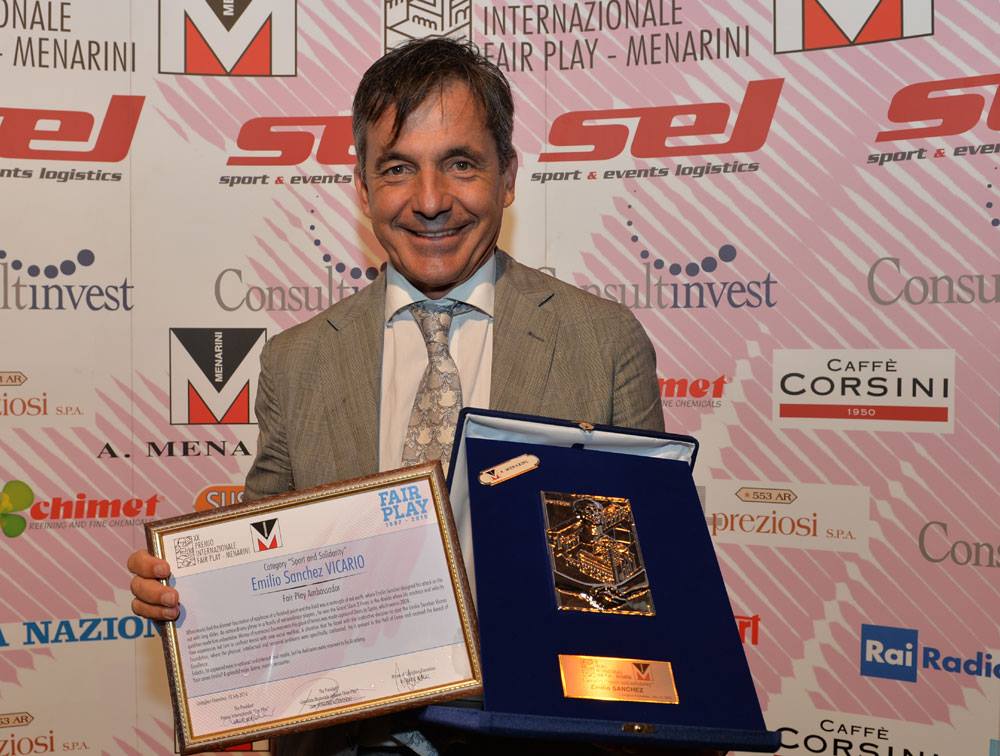
I find myself in Italy, specifically, in Tuscany. The day before yesterday I was awarded the Fair Play Mecenate prize and appointed the initiative’s world ambassador, and yesterday, I was awarded the Solidarity in Sport prize for my work with the Emilio Sanchez Vicario Foundation. I was very nervous, but at the same time, completely delighted.















